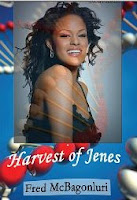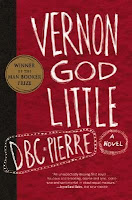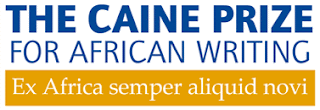2011 in Review

Source Once again, the year has come to an end and bookish individuals will be taking stock of what transpired within the 365 days we had. But before we can conclude on whether this year has been successful, we must, as a matter of importance, relate our goals at the beginning of the year to what actually happened: Projections vs Actuals, as most Monitoring and Evaluation Officers do. However, I will first review my readings the month of December. December in review I read three books and suspended one in December. The objective for November was to play catch-up by reading enough books on my Top 100 Books Reading Challenge. It started well with Harper Lee's To Kill a Mockingbird : a novel about race relations in America's south told from the point of view of the nine-year old Jean Louise Finch, daughter of a lawyer appointed to defend a black man - Tom Robinson - in an alleged rape case, which people know to be fault but are not prepared to pronounce one of their own ...









